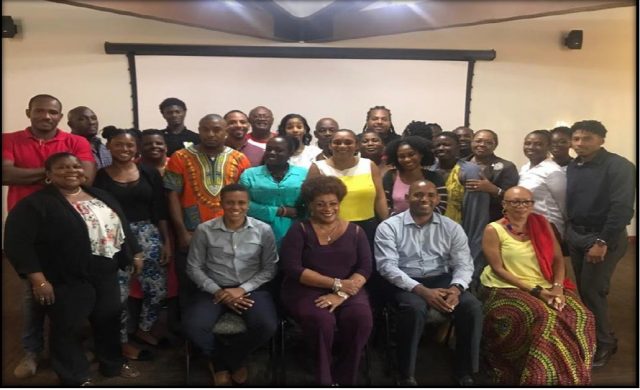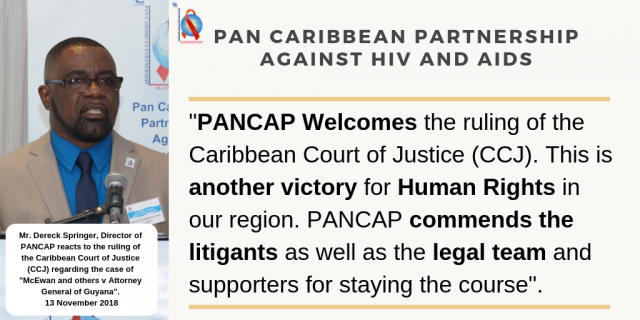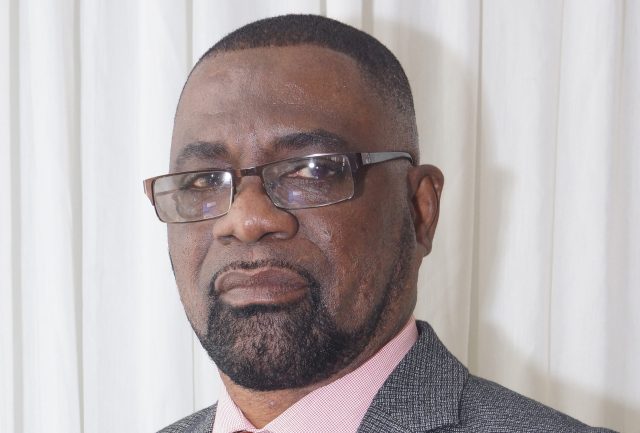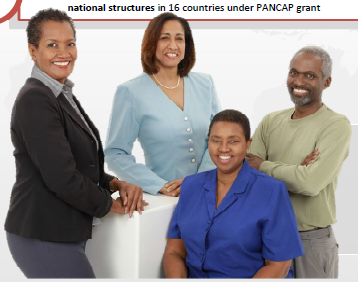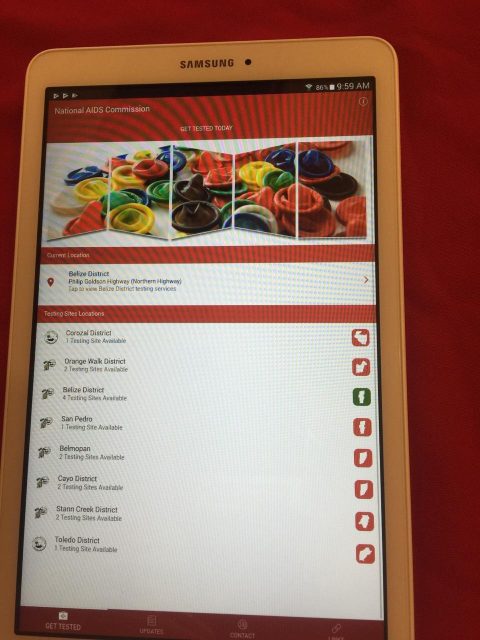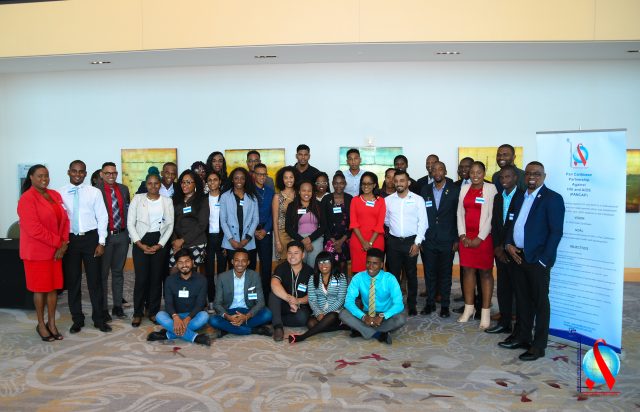
The decision
On Tuesday, 13 November 2018, the Caribbean Court of Justice delivered its decision in the case of McEwan and others v Attorney General of Guyana. The CCJ is Guyana’s final court of appeal.
The Court ordered that Section 153(1)(xlvii) be struck from the laws of Guyana and that costs are to be awarded to the appellants in the appeal before the CCJ and in the courts below.
A panel of five judges heard oral arguments in the case on June 28, 2018: the Hon. Mr. Justice Adrian Saunders, President, the Hon. Mr. Jacob Wit, the Hon Mr. Justice Winston Anderson, the Hon. Mme Justice Maureen Ragnauth-Lee and the Hon. Mr. Justice Denys Barrow.
The video recording of the four hour hearing is available at:
http://www.caribbeancourtofjustice.org/audio/gycv2017-015/20180628/gycv2017015_280618.mp4
CASE BACKGROUND
On 6 February 2009, seven persons were arrested under the 1893 Summary Jurisdiction (Offences) Act section 153 (1) (xlvii) for being a “man’, and in ‘any public way or public place’ and for ‘any improper purpose’, appearing in ‘female attire’, which is a summary offence. They spent the weekend locked up at Brickdam Police Station in Georgetown.
“Man” under this summary offense has been treated by state officials as including persons whose birth certificates describe them as “male” and who identify as transgender or trans women.
The Acting Chief Magistrate hearing the case on 9 February 2009 in the Georgetown Magistrates Court, told the seven that they were confused about their sexuality and that they were men, not women, and advised them to go to church.’ They were convicted and ordered to pay a fine of GUY $7,500 each.
In 2010, four of the arrested persons—Gulliver (Quincy) McEwan, Angel (Seon) Clarke, Peaches (Joseph) Fraser and Isabella (Seyon) Persaud—and the Society Against Sexual Orientation Discrimination (SASOD), filed a constitutional action arguing that the law was inconsistent with the Guyana Constitution 1980. All four litigants identify as trans persons.
Their main argument was that this 1893 vagrancy law, which uses terms like ‘improper purpose’, ‘male attire’ and ‘female attire’, is very vague and fails to “give the person of ordinary intelligence a reasonable opportunity to know what is prohibited.”
“… legal provisions which interfere with individual rights must be formulated with sufficient precision to enable a citizen to regulate his conduct.”
Observer Publications v Matthew, Privy Council, appeal from Antigua and Barbuda, 2001
The litigants also argued that the law violated the right to freedom of expression since clothing is a form of expression that communicates ideas and representations of personality, identity, and beliefs. They also argued that the law violated the constitutional guarantee of equality before the law and non-discrimination and they challenged the conduct of the magistrate.
THE HIGH COURT AND COURT OF APPEAL DECISIONS
The High Court in 2013 and Court of Appeal in 2017 did not accept these arguments and they struck out SASOD as an applicant in the case. One of the reasons given by both courts for dismissing the case is their conclusion this 1893 colonial law enjoys the protection of the Constitution’s saving law clause. That savings law clause limits human rights-related constitutional challenges to laws that were in force before the date the 1980 Constitution came into effect.
Both Guyana courts affirmed that giving expression to one’s gender identity through clothing was not itself a crime. To constitute a crime, the expression must be in public for an ‘improper purpose’ according to then Chief Justice (ag.) Chang.
This response, though positive, did not satisfy the Guyana trans community which remained concerned about the vagueness of this offense, the unrestricted discretion it gives the police to say what the law means and its potential for discriminatory application.
“The Chief Justice was relatively clear that once you are expressing your gender identity, it’s not criminal …. But the law really stifles us, because what could be an improper purpose? The trans community is very worried, and still fearful of arrests, in light of this decision.”
–Gulliver McEwan, first named Appellant, Director, and co-founder of Guyana Trans United (GTU)
WHAT WERE THE MAIN ARGUMENTS IN THE APPEAL BEFORE THE CCJ?
On June 28, 2018, the Caribbean Court of Justice (CCJ), based in Trinidad, heard arguments in the appeal from McEwan and the other appellants about this post-emancipation vagrancy law.
The main arguments presented by the appellants are:
- That 1893 cross-dressing offense, a vagrancy law, is vague; it is not formulated with sufficient precision to allow the ordinary person to regulate his or her conduct.
- The cross-dressing offense violates the fundamental rights of McEwan and the other litigants to freedom of expression and equality and non-discrimination.
- The Magistrate’s exhortations to the appellants that they were confused about their sexuality and must attend church and give their lives to Christ breached their fundamental rights to protection of the law, freedom of conscience and non-discrimination.
- SASOD was permitted to appear in its own right or in a representative capacity under the Constitution and it was no answer that persons affected by the law were already litigating since the law impacted a far greater community than the four litigants.
- The savings law clause does not prevent the courts from reviewing this 125-year-old law because that savings clause does not protect laws that violate fundamental constitutional law principles like the rule of law or separation of powers, among other reasons.
THE CCJ HEARING ON JUNE 28, 2018
The four litigants who were all present at the CCJ hearing on June 28, were represented by attorneys-at-law Douglas Mendes, S.C. (Trinidad and Tobago), lead counsel, and C.A. Nigel Hughes (Guyana), Mishka Puran (Guyana), Clay Hackett (Trinidad and Tobago) and Isat Buchanan (Jamaica). Solicitor General Kim Kyte-Thomas, Kamal Ramkarran, and Selwyn Pieters represented the Attorney General.
In addition to the four litigants, over twenty representatives from civil society organizations and universities were present to observe the proceedings. Representatives of the Faculty of Law The UWI Rights Advocacy Project (U-RAP), which has been involved from the outset of the case, were also present.
One of the major hurdles for the appellants in their challenge to the 125-year old law was the existence of a savings law clause in the Constitution. Mendes SC began his presentation on June 28 by noting the groundbreaking decision of the CCJ the day before, on Wednesday, June 27—the case of Nervais and Severin v AG of Barbados—which significantly limits the negative impact of savings law clauses in cases challenging colonial laws. In that case, the CCJ declared that the mandatory death penalty in Barbados was unconstitutional and that the savings law clause was not a barrier to that declaration.
In the main, both sides appeared to agree that dress consistent with one’s gender identity, even if that identity is different from the sex assigned at birth, was wholly legal. As a result, the focus of the hearing became whether the term, “improper purpose” was sufficiently certain to allow ordinary persons to know exactly what was being prohibited. In his comments, Justice Wit emphasized that the test must be based on ordinary citizens as the standard and not legal experts, and charges should stem from crimes and not one’s manner of dress.
Mendes SC in his presentation argued that criminalizing just thought—an “improper purpose”—was impermissible. And he also pointed out the thought of only some (“man” in “female attire”/ “woman” in “male attire”) was criminalized. No offense was committed if a “man” was dressed in “male attire” for an “improper purpose”; likewise if a “woman” was dressed in “female attire” for an “improper purpose”.
The State suggested that any arbitrary and discriminatory enforcement of this law could be addressed through appeals and applications for judicial review. During the hearing, President Saunders raised the question of whether transgender persons who are not of great means or social influence may lack meaningful access to these procedures and thereby be at risk if the law is not sufficiently certain.
WHY IS THIS CCJ APPEAL SO IMPORTANT?
This constitutional law and human rights case will have great significance because it will consider:
- The proper scope of saving law clauses for the second time in four months.
- The significance of unique human rights provisions in the Guyana Constitution that expand equality rights and incorporate international human rights law.
- The importance of the principle of the rule of law and the right to due process in Caribbean constitutions, and their insistence that criminal laws must be ‘certain’ about what they are prohibiting.
- The impact of the law on the fundamental rights of a group that has faced discrimination and social exclusion—gender non-conforming and transgender persons.



